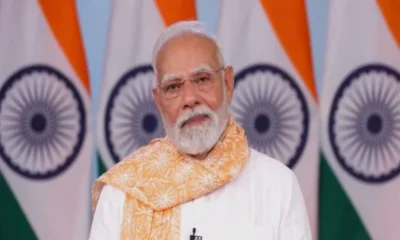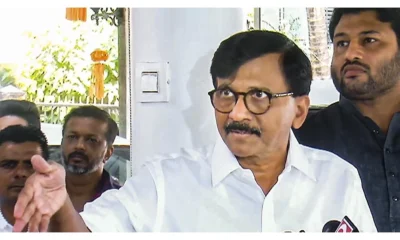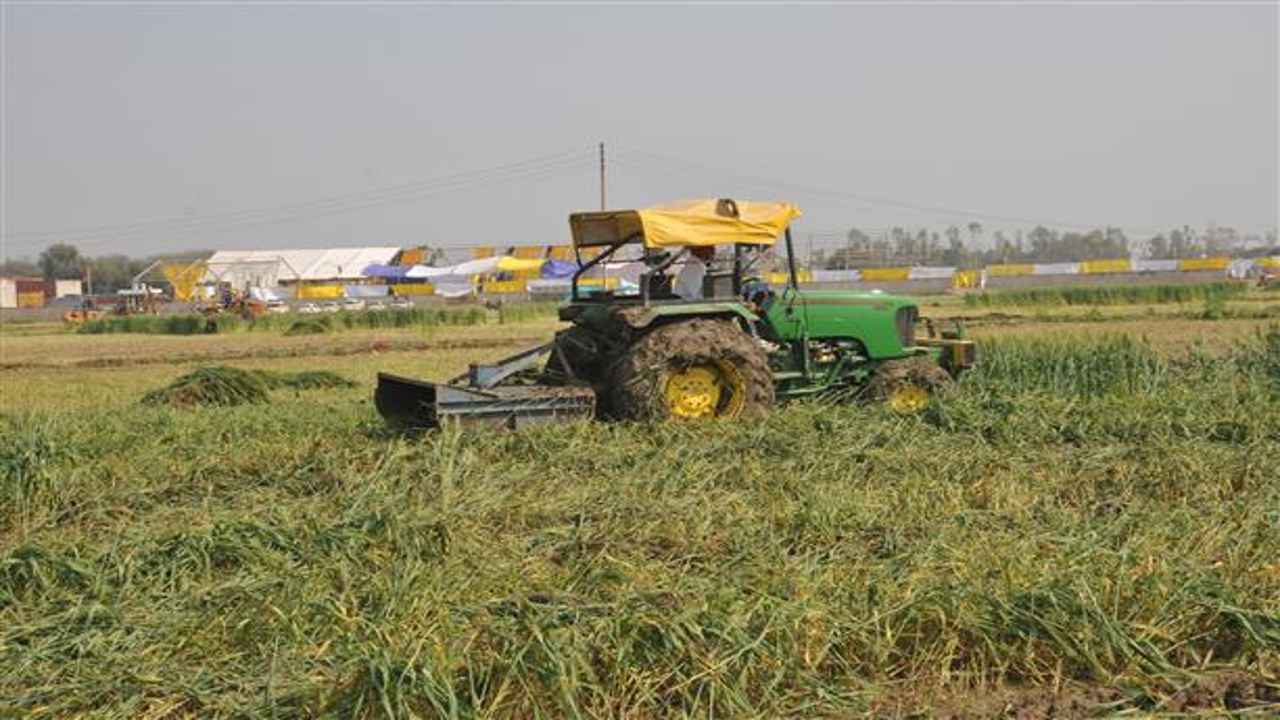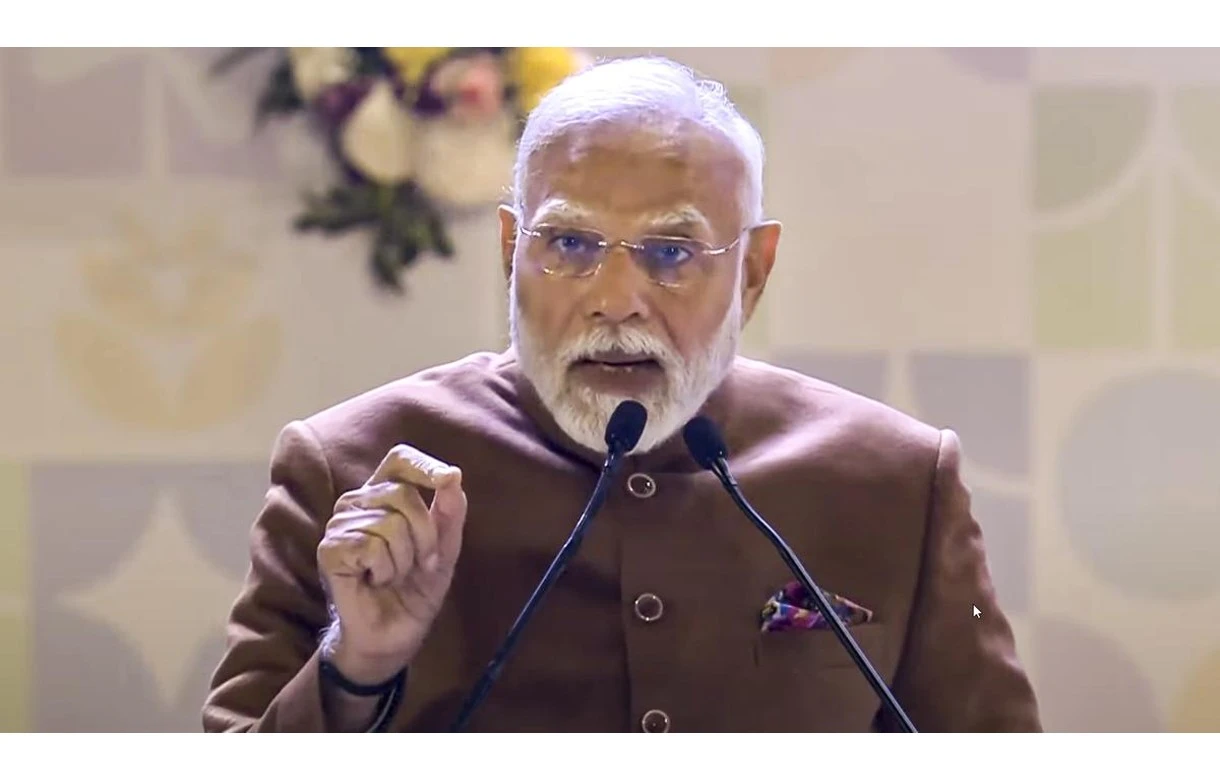[vc_row][vc_column][vc_column_text]In the noise about BJP ‘sweeping’ the Uttar Pradesh civic body elections on Friday, some aspects got overlooked in the initial reports. Elections to local bodies seldom evoke such interest, but since the UP chief minister Yogi Adityanath and the party leadership right up to Prime Minister Narendra Modi attached such significance to them, a relook at the polls would be in order.
The first is about the questions raised about the genuineness of the results: the issue of electronic voting machines (EVMs) and whether they had been tampered with. Notably, over 500 EVMs out of more than 30,000 deployed in UP civic polls had to be replaced.
While this issue has been raised by political opponents as well, their complaint cannot be dismissed simply as case of sour grapes, as the BJP alleges.
Mayawati has challenged the BJP and said her party would sweep the 2019 Lok Sabha polls if voting is done on ballot papers. “If BJP is honest and believes in democracy then discard EVMs and conduct voting on ballot papers. General Elections are due in 2019. If BJP believes people are with them, they must implement it. I can guarantee if ballot papers are used, BJP won’t come to power,” the BSP chief told mediapersons on Saturday.
Samajwadi Party chief Akhilesh Yadav also said that the BJP had performed well only on seats where EVMs were used for polling. “BJP has only won 15% seats in ballot paper areas and 46% in EVM areas,” Yadav said. He did not elaborate or provide data for his claim, though.
There were at least two specific instances which lend strength to doubts over EVMs.
Apoorva Verma, the Samajwadi Party candidate from Janakipuram alleged that EVMs were tampered with and, earlier, an independent candidate from Saharnapur, Shabana, had levelled the same charge.
Apoorva Verma said, “Har pratyashi, chahe wo BSP se ho ye Congress se ho ya SP se ho ya AAP se ho, ka ek hi mat hai ki ye chunaav radd kiya jaye aur phir se ho (Every candidate (non-BJP), wishes for cancellation of this election (UP civic polls) and everyone in unison is demading for a re-election).”
In a video doing rounds in the social media, she claims that even her vote wasn’t registered as she has got zero votes. “No impartial election is being conducted, all the elections are being orchestrated to help the BJP win,” she says.
Earlier, an independent candidate from Saharanpur, Shabana had protested: “At least my family had voted for me, how can I get zero votes?” Her husband had added, “Where did my vote vanish?”
“We at least had three votes from our family, but we must at least have had 900 votes,” claimed her husband in the video posted by an Aaj Tak journalist. “EVM me sarasar gadbadi hai,” he added.
BJP’s political rivals are not the only ones complaining. Voters, too, complained. A friend from Lucknow also said he voted Congress BJP but it went to BJP. “Same thing happened to votes cast by others in the family,” he added.
He said the EVMs had no VVPAT (Voter Verifiable Paper Audit Trail) facility, although he had doubts about that, too. “It is only a matter of programming. The paper trail can be programmed to print the correct vote while the vote registered electronically can be different,” he said.
Besides, he pointed out, there were reports that the paper trail from EVMs in Himachal Pradesh Assembly elections was such that the print tended to fade away after some days. That would render a recount later infructuous.
A report in thewire.in said the BJP won the Ayodhya Municipal Corporation seat where polling was conducted through EVM machines, but it suffered heavy losses in rural and semi urban seats where elections were conducted via ballot papers.
In seven districts adjoining Ayodhya, most BJP candidates lost the local elections, the report said. Out of 33 municipal board seats in rural and semi-urban areas of Faizabad, Ambedkar Nagar, Basti, Gonda, Balrampur, Bahraich and Sultanpur districts of eastern Uttar Pradesh, the BJP won only 6 seats. The Samajwadi Party managed to win 12 seats, the BSP 5 seats, the Congress 3 seats while independents won 7 seats.
In Faizabad, Bahraich and Balrampur districts, the BJP could not manage to open its account.
“The popularity of the BJP government … could not help the party’s candidates in the rural and semi urban seats of Faizabad despite the presence of BJP MLAs from in those areas,” said the report.
In fact, APN had reported complaints about malfunctioning of EVMs from several places in the very first phase of polls on November 22. There were also complaints about entire localities missing from the voters’ list.
Complaints about such rigging part, there are certain aspects about the results that missed the eye. The easy, quick look figure was BJP winning 14 out of 16 mayor posts – in a four-way contest. Other statistics are not so rosy for the party:
- Of the 1,300 municipal corporation posts, the BJP won 596: less than half (45.85%).
- It won 70 out of 198 nagar palika parishad chairman posts – a little more than one-third. (35.35%).
- The BJP got less that one-fourth of nagar panchayat chairperson posts, winning 100 out of 438 (22.83%).
True, the BJP was ahead of all its rivals:
The SP won 202 corporation wards, 45 nagar palika parishad chairperson seats and 83 nagar panchayat chairperson posts.
The BSP won two mayor posts, 147 municipal corporation wards, 29 nagar palika parishad chairperson posts, and 45 nagar panchayat chairperson posts.
The Congress won 110 municipal corporation wards, 9 nagar palika parishad chairperson posts, 17 nagar panchayat chairperson posts.
Independents did well: The independent candidates combined won the highest number of Nagar Panchayat chairman seats, 184 and Nagar Panchayat members, 3875.[/vc_column_text][/vc_column][/vc_row]
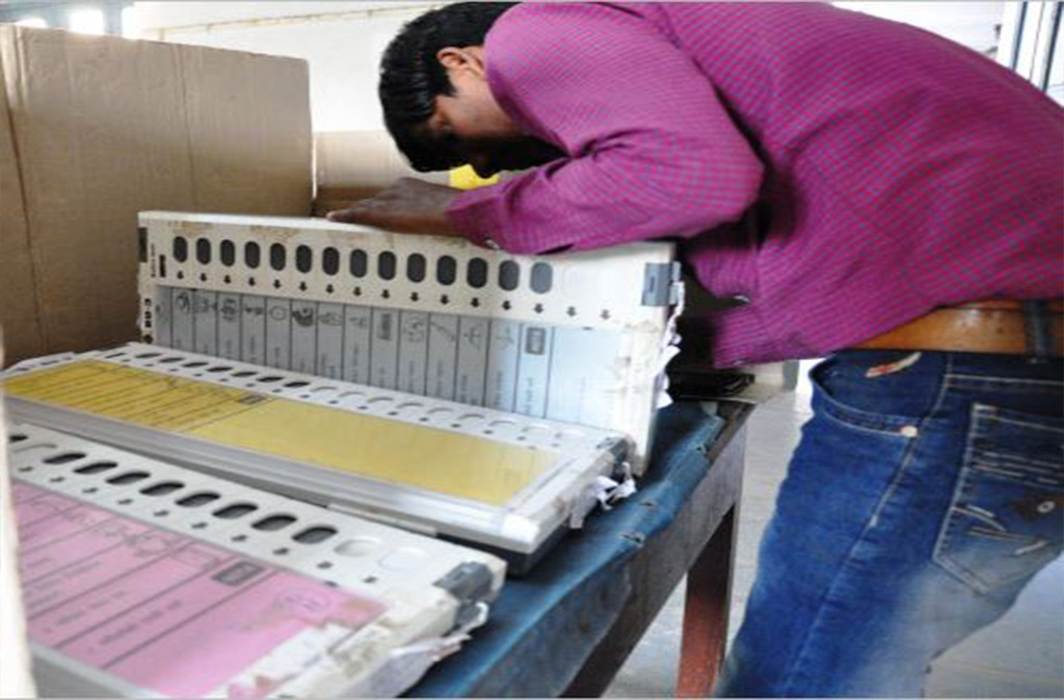

 Latest world news14 hours ago
Latest world news14 hours ago
 India News15 hours ago
India News15 hours ago
 India News14 hours ago
India News14 hours ago
 Latest world news8 hours ago
Latest world news8 hours ago
 India News9 hours ago
India News9 hours ago
 Cricket news9 hours ago
Cricket news9 hours ago
 Latest world news4 hours ago
Latest world news4 hours ago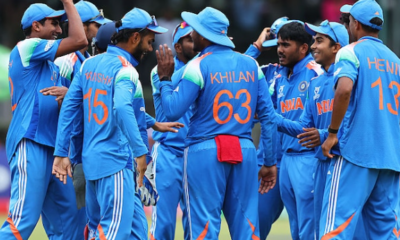
 Cricket news3 hours ago
Cricket news3 hours ago







